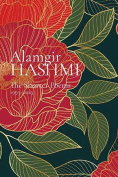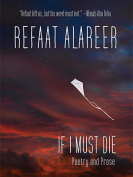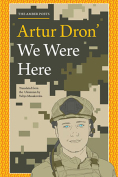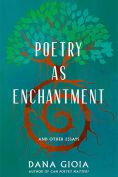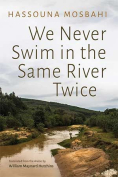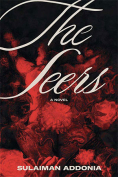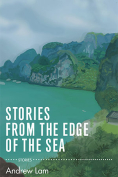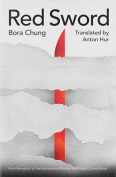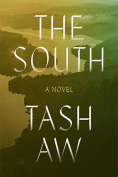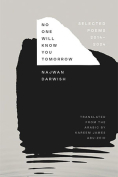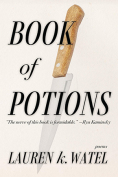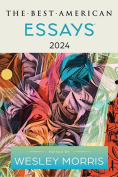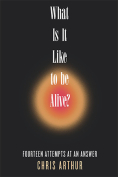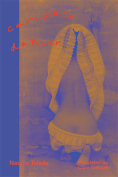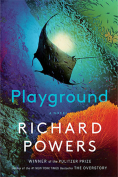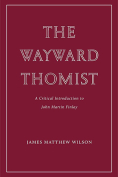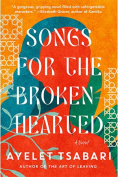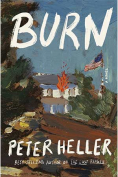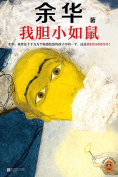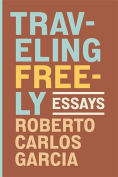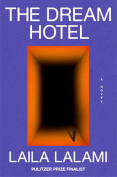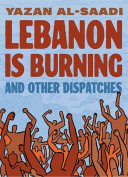Traveling Freely: Essays by Roberto Carlos Garcia

Evanston, Illinois. Curbstone Books. 2024. 124 pages.
I received my copy of Traveling Freely in the mail a few weeks before the US presidential election in November. It could not have been timelier. My own reaction to the results of the election has been to do what Roberto Carlos Garcia does so well in this collection of essays, which is to engage with ideas about race, ethnicity, national origin, language, religion, and identity. Toward the end of the first essay entitled “black / Maybe,” which is also the title of one of his books of poetry, Garcia encourages the reader to “Start the conversations that can actively inform the Afro-Latinx experience and the Afro-Caribbean identity.”
Traveling Freely is divided into two sections. The first section is entitled “The Diaspora” and discusses being black and Afro-Latinx, Dominican history and racism, and heterosexual, cis-male privilege. The second and more extensive section is entitled “This Is America.” The essays in this part seem to ask how to live as a writer of color when faced by police terror, toxic masculinity, driving while Black, the lack of representation in publishing, “American Violence,” anti-immigrant sentiment, gentrification, and class struggle.
The last essay in the collection, “. . . a walk through this beautiful world . . . [On Bourdain and Suicide]” is deeply personal. It considers the author’s own suicide attempt, the deaths by suicide of several people in his own life, and the suicide of what I will call his favorite TV and cooking muse, Anthony Bourdain. Still, Garcia provides context by considering the suicide rates among men and Black youth and informs the reader of where to call or text for help at the end of the essay.
In this collection, Garcia’s voice comes through as a public intellectual who is theoretically, practically, and personally engaged. His essays connect the deeply personal and the theoretical with hard facts. My only wish is that he had engaged more extensively with political and societal issues in the Dominican Republic, but then again, this only makes me look forward to his next collection of essays and beckons me to read more of Garcia’s work, especially his poetry.
Luis Guzmán Valerio
LaGuardia Community College, CUNY

